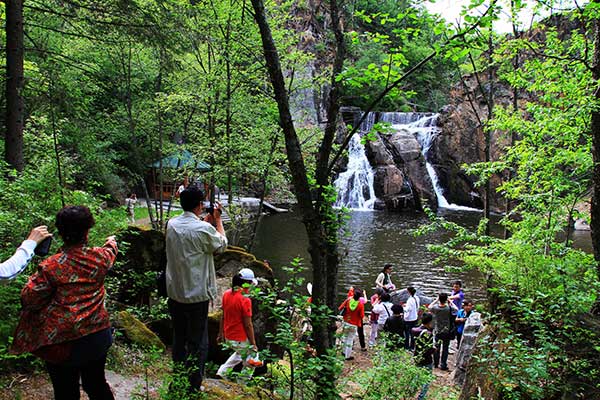Go slow
 |
|
The small town of Jiayin in Heilongjiang province has applied to the International Association of Cittaslow for the honor of being a Slow City.[Photo provided to China Daily] |
Some households generate up to 400,000 yuan a year, Zhang says.
They've built restaurants and opened farmhouses to guests, Zhang says.
Nanjing retiree Chen Ning, 62, says: "The clean air, vast green areas and delicious food keep me coming. The slow pace is just right for my peers. We enjoy chatting, eating and enjoying life here."Nanjing resident Zhong Lei brings his wife and daughter to Gaochun every spring and autumn.
"It's a precious time away from computer screens of data with my family," the 33-year-old says.
Many migrants have returned to claim the business opportunities the designation affords.
"We've maintained residents' green and leisurely lifestyles since winning the title," Zhang says.
"It has offered more opportunities. Visitors come from around the country and world."
Slow Cities are able to take situations previously considered as disadvantages and transform them into advantages. For instance, a lack of industry means less pollution in places like Jiayin.
The Slow City application is expected to boost tourism, which is another moneymaking mainstay, Shan Xiaohua from Heilongjiang says.
Local tour guide Zhao Heng, 35, says: "I hadn't heard of a Slow City before the application. But we've been living a relaxed lifestyle for generations."
"I'd like for more people to experience our beautiful scenery and food, and have a good time in Jiayin. And I hope residents can earn more from this and improve their lives."




















